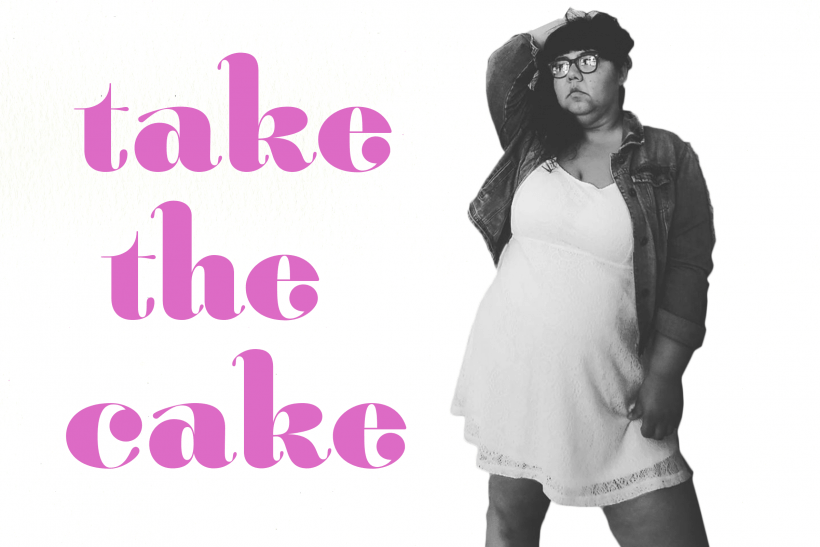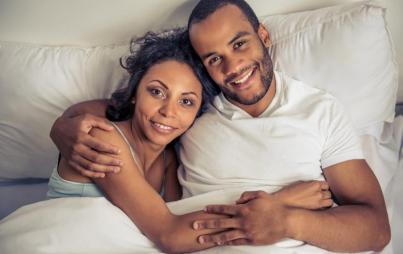
Vulnerability should be something we thoughtfully protect with boundaries. But never allowing anyone in harms our precious sense of humanity and our right to love.
Last week I went to a reading for my friend’s newest book, Since I Laid My Burden Down. (And I would be letting you down as a friend if I didn’t tell that his previous title, Johnny Would You Love Me If My Dick Were Bigger, is a must-read for all size queens, over-share addicts, and practitioners of dysfunctional romance that always seems to end with property damage). I got a glass of wine (in real glass stemware!) and sat down in the front row. I like to be as close as possible to the stage at pretty much everything.
My hope was that Brontez would get so impassioned while reading that he would spit and a little bit of it would land on my face. Is that weird? No.
As he finished up his 20-minute set, I was quick to raise my hand during Q&A. I asked him what I ask all writers during Q&A: How do you make choices on what to share, and how do you deal with feelings of vulnerability? He replied that he shied away from conversations about being broke because that’s what makes him feel exposed. This might be a surprisingly mundane answer considering that this is the man who single-handedly engineered the phrase “poop-dick.”
But I understood deeply.
Brontez and I share a writerly trait. We are both memoirists known for sharing many personal details. But personal details are not the same as vulnerability. I can’t speak for him, but I often offer up the most personal things I can think of as an emotional decoy to preemptively squash queries that lead to actual intimacy. It’s a very useful strategy, actually. People are usually so stunned that I’m sharing details about my menses that they don’t even think to ask me about my core fear of being unlovable.
In no arena of my life is vulnerability more challenging than romance.
Dating brings up weird levels of insecurity and fear — our shadow selves. The public dimension of dating feels particularly fraught in a fat feminine body. It kind of feels like I’m dating while on a stage with a spotlight on me, like sadistic dinner theater but with people who don’t like kink, or at least not that kind. I’m very aware of how others experience my body because I’ve been taught that I don’t get to have privacy (only people with normative bodies get to have that), and also that random acts of cruelty are always a possibility once I leave my house.
Further, my being seen as romantically successful in a town where many thin women have difficulty straight-dating invites unwanted scrutiny — and sometimes hostility. These things I perceive happening around me create a sense that I am not safe, and this acts as an added challenge to the mounting pile of reasons that romantic vulnerability is especially challenging.
I’ve created elaborate systems of avoidance, emotional self-control, and pre-emptive rejection. And frankly, girl, I’m tired of it. It’s a lot of goddamn work.
I recently went on Date #3 with someone new. I like him, and therefore I’m deep in my Choke-Any-Chance-of-Love holding pattern. For years I didn’t understand my vulnerability-avoidance approach. I thought I told every man I met all about my dysfunctional childhood while on the first date because I wanted to be close to him. I mean, sure, some part of me wanted to get close, but this is not how one does that.
You can’t TMI your way into actual intimacy.
Intimacy requires vulnerability. Vulnerability requires risk — something I literally hate more than all the stilettos and low-fat cheese in the world.
Faux closeness leads to bad situations. I would often fool myself into believing that because my partner knew “everything” about me that I was already being vulnerable. Then I would proceed to punish them for not reciprocating in kind. In fact, I wasn’t being vulnerable, and those punishments were about my desire to use manipulation to extort love (something I learned as a child from my family). It didn’t occur to me that I already always deserved love, and didn’t have to trick people into giving it to me.
Related: Take the Cake: Being Fat In San Francisco
My sad little girl brain remembers exactly what it feels like to risk everything and get rejected. It happened so many times for me during childhood and then later in my early dating years. I’ve created elaborate systems of avoidance, emotional self-control, and pre-emptive rejection. And frankly, girl, I’m tired of it. It’s a lot of goddamn work.
I loved what Psychology Today said recently about the difference between a boundary and a wall: “A wall is rigid and intractable, while a boundary can be malleable depending on the situation.”
Vulnerability should be something we thoughtfully protect with boundaries. But never allowing anyone in harms our precious sense of humanity and our right to love.
In the past year, I’ve been attempting to be more transparent with dates and ask for more emotional support from friends. I’m realizing that trusting others is about trusting myself. It’s about knowing that I am a deeply loved and lovable person who has the tools to survive should anything emotionally cataclysmic occur. It’s about knowing that when I say no to others who want to see me or love me, I am actually saying no to myself. It’s about recognizing that each inclination I have to protect myself is a useful, sacred piece of knowledge on where the location of my pain is so I can nurture it, so I can grieve it.
I have no idea what I’m doing, and it’s scary as fuck. So, for now I’m going to light my Dolly Parton higher power candle and say a little prayer for the end of walls — for myself and for all the others who are on this path with me.







